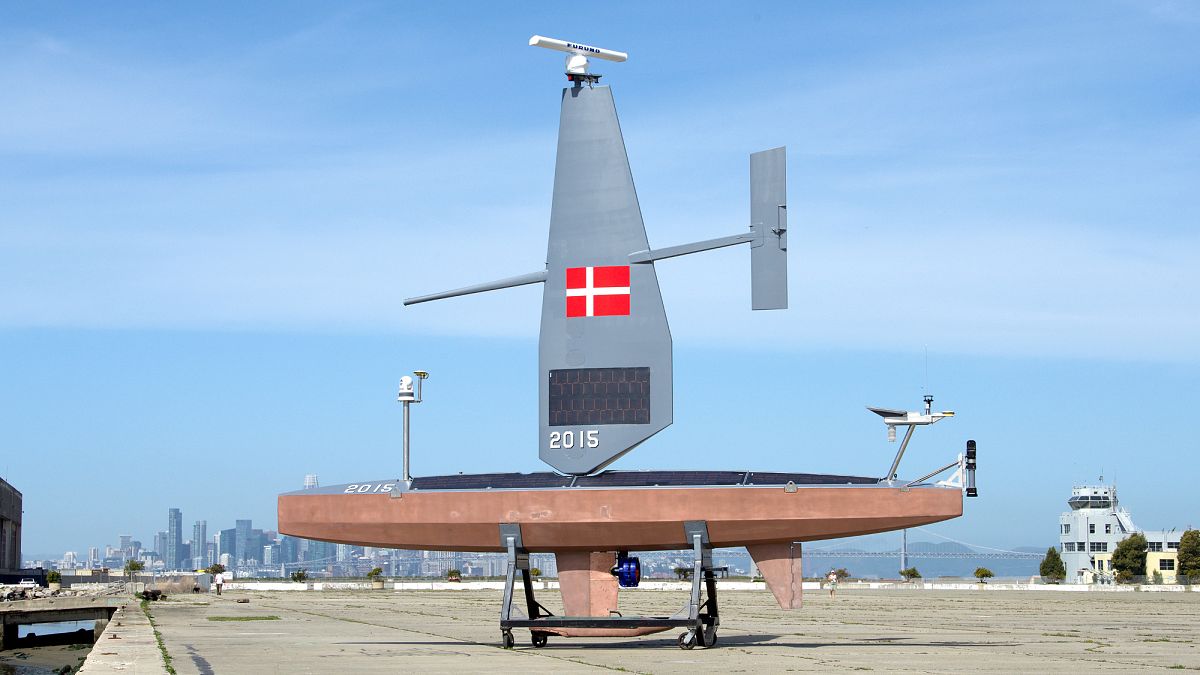

In a world where technology and security concerns continuously evolve, recent developments demonstrate a commitment to innovation and cooperation among nations and industries. These advancements span diverse domains, enhancing maritime defense, reinforcing cybersecurity, and supporting sustainable infrastructure.
One of the notable innovations in maritime defense involves the deployment of crewless ships in Denmark, a move that optimizes safety and efficiency. These 10-meter-long vessels are equipped with drones and artificial intelligence systems that meticulously analyze environmental data both under and above the ocean surface. By harnessing these technologies, Denmark and NATO strengthen their capacity to monitor and secure their waters. This initiative marks a step forward, offering a glimpse into the future of maritime defense where human risk is minimized, and technological precision is maximized.
In the realm of cybersecurity, the industry voices a strong call to protect the independent operation of the European Union’s cybersecurity agency. The need for this safeguarding arises against the backdrop of ongoing deliberations about cybersecurity certification for cloud services, a dialogue that, unfortunately, has been stalled for several years. As digital threats continue to proliferate, ensuring the autonomous functioning of such a pivotal agency becomes crucial. The industry argues that independence will empower the agency to act decisively and impartially in fortifying cyber defenses across Europe.
Shifting focus to the Pacific, Japan has conducted its first surface-to-ship missile test on its own territory, specifically in Hokkaido. This significant exercise involved approximately 300 soldiers from the Ground Self-Defence Force’s 1st Artillery Brigade. The test scenario featured the firing of a missile at an unmanned boat located around 40 kilometers off the coast. This maneuver demonstrates Japan’s proactive approach to bolstering its defensive capabilities and highlights its strategic intention to maintain sovereignty and security in its maritime zones.
In the United States, recent judicial decisions echo the importance of infrastructure development as an avenue for progress and sustainability. A US district judge from Seattle has intervened to prevent the Trump administration from withholding $5 billion earmarked for electric vehicle (EV) charger infrastructure across 14 states. This funding, originally allocated under the Biden administration’s national EV infrastructure scheme, underlines a collective commitment to fostering cleaner transportation alternatives. Judge Tana Lin, appointed by President Biden, granted a partial injunction in favor of the states, safeguarding their right to utilize these funds as originally intended. This decision serves as a reminder of the interconnectedness of judicial actions, policy implementation, and environmental objectives.
Through these series of developments, it becomes evident that global security and sustainability initiatives are progressing in tandem. The integration of advanced technologies in maritime and military defense, protective measures for cybersecurity entities, and legal support for infrastructure enhancements collectively shape a landscape of resilience and forward-thinking. As nations and industries navigate this evolving landscape, their concerted efforts offer reassurance, advocating for a world that prioritizes stability, cooperation, and innovation.
Source: {link}
